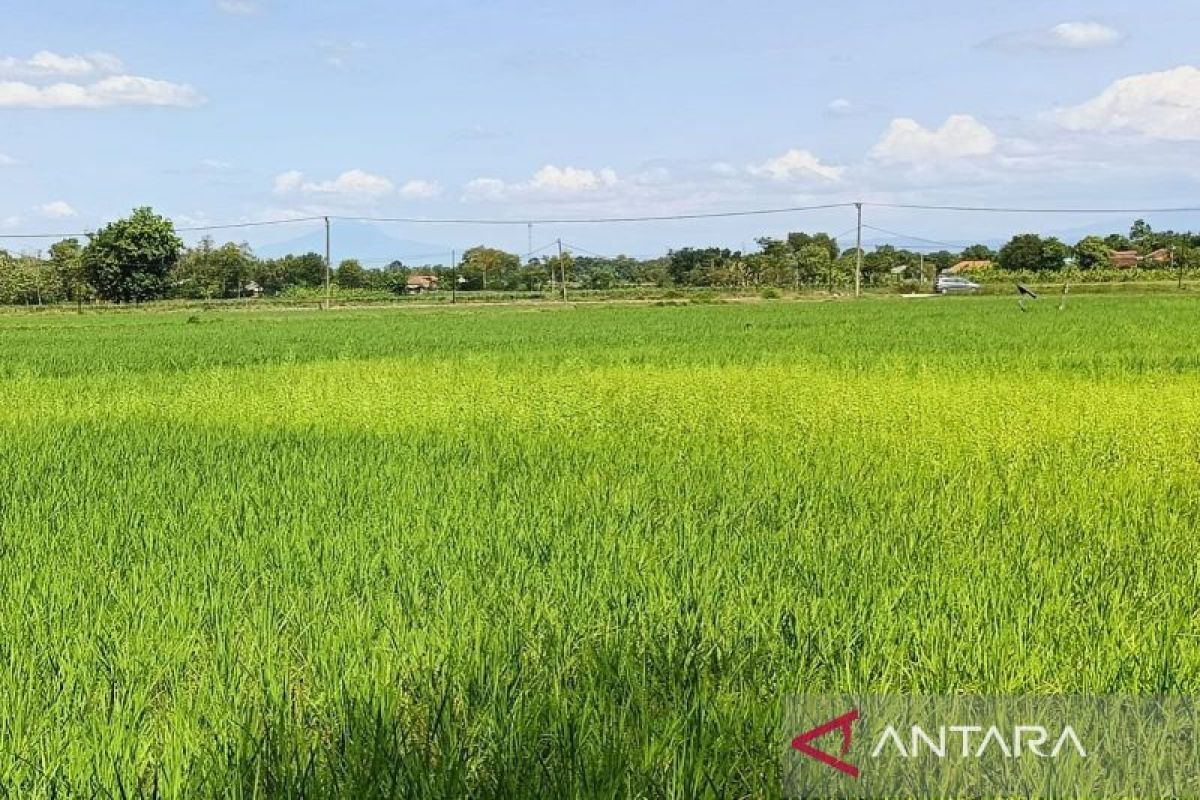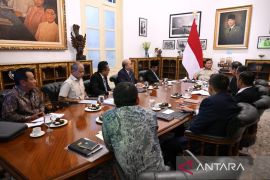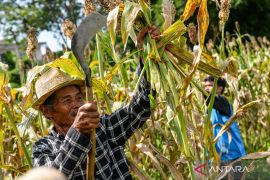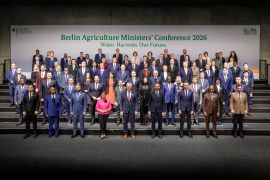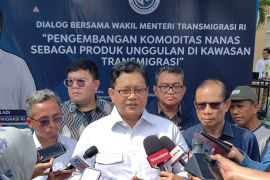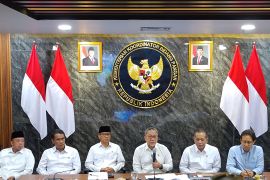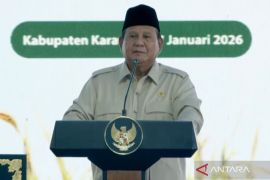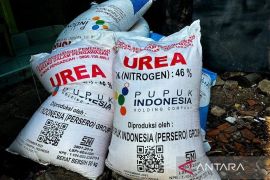With global warming, several countries also experienced crop failures, thereby making imports necessary. However, imports can only be a temporary solution.
Based on this experience, policies to support the achievement of food self-sufficiency are very important for the future.
According to Agriculture Minister Andi Amran Sulaiman, due to crop failure, Indonesia had to import rice to cover the needs of the community. A shortage of 4 million tons in rice stocks means that another 7 million tons are needed to ensure food availability remains safe.
However, such policies certainly affect economic resilience. Thus, other breakthroughs need to be taken to secure national food availability.
In terms of agricultural potential, Indonesia can achieve food self-sufficiency again, and even overtake countries that have so far served as large producers of food.
The key to facing El Nino is irrigation. Relying on irrigation during a long dry season is certainly challenging. Therefore, the only way is to channel water directly from the river using pumps.
However, lifting water directly from the river using pumps violates regulations and laws. In this regard, the Ministry of Agriculture has coordinated with the prosecutor's office and the police to overcome the emergency conditions to save national food supplies.
According to Sulaiman, food crises could result in political crises. The key to dealing with them is ensuring sufficient water and fertilizer availability.
Blueprint for food security
The Indonesian government currently has a blueprint to realize food security in three years.
With the construction of reservoirs and dams, it is hoped that 3 million hectares of rice fields can be realized so that rice production can reach 15 to 30 million tons per year.
This would not only create self-sufficiency, but a surplus so that excess stocks can be exported to other countries.
However, for this, the agricultural system will need to be modernized. This is necessary because if traditional methods take 20 days for a task, machines can achieve it in 2 hours.
Apart from that, to realize food security, the country needs more young farmers. Currently, there are many farmers who have graduated from higher educational institutions. Of course, they would pursue agriculture if the results meet their expectations.
Here, creating a modern agricultural cluster is necessary. All modern agricultural tools must be provided so that the profit from modern farming can reach Rp10 million (around US$646) to Rp30 million (around US$1,938) per month. Such results will attract young farmers to the sector.
Furthermore, what also needs to be prepared in the future is a downstreaming policy for the agricultural sector.
That way, agricultural goods will no longer be exported in the form of raw materials but as finished goods.
However, this step will require multi-sectoral cooperation between farmers, business players, and the government. For such cooperation, creating a climate that can ensure business certainty is important.
Building certainty
The development of modern farming requires policies to ensure legal certainty, considering that imports would be needed in the initial stage to meet the need for equipment.
While speaking at the national working meeting of the Indonesian Chinese Social Clan Association (PSMTI), entrepreneur Hashim Djojohadikusumo said that modern agriculture can be realized with the presence of entrepreneurs, but for entrepreneurs, what is needed is legal certainty.
Many entrepreneurs are reluctant to participate in government programs because they are worried about running into legal issues. Therefore, the government must guarantee business certainty, and building a conducive business climate must be one of its priority programs.
Indonesia recorded rice self-sufficiency in 1984, when it exported some of the rice to Vietnam and the Philippines.
Djojohadikusumo said that the idea of President-elect Prabowo Subianto to provide nutritious food to tackle nutritional problems in children could also push the realization of food self-sufficiency because farmers would have certainty that their produce will be bought.
Meanwhile, business players' readiness to support food security has been voiced by PSMTI chairperson Wilianto Tanta.
The association has readied a number of agendas to collaborate with the government to bolster the agricultural sector going forward. One of the efforts that will be taken is providing training to young farmers.
Crop failure due to El Nino is a reminder to the community and policymakers of the importance of carrying out sustainable farming programs.
Agricultural programs must be environmentally friendly so as not to contribute to environmental damage, which could harm the agricultural sector in the long run.
Related news: West Papua allocates 14 tons of rice for 2024 food security reserve
Related news: Minister urges youths to reuse abandoned farmlands for food security
Translator: Ganet Dirgantara, Raka Adji
Editor: Azis Kurmala
Copyright © ANTARA 2024
